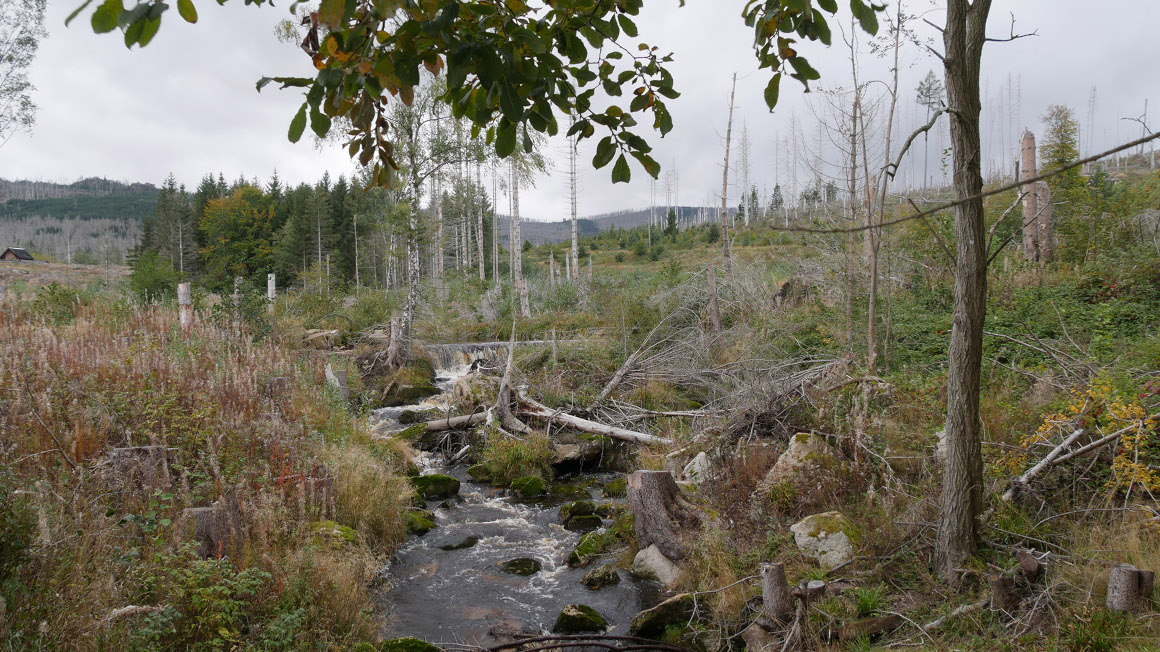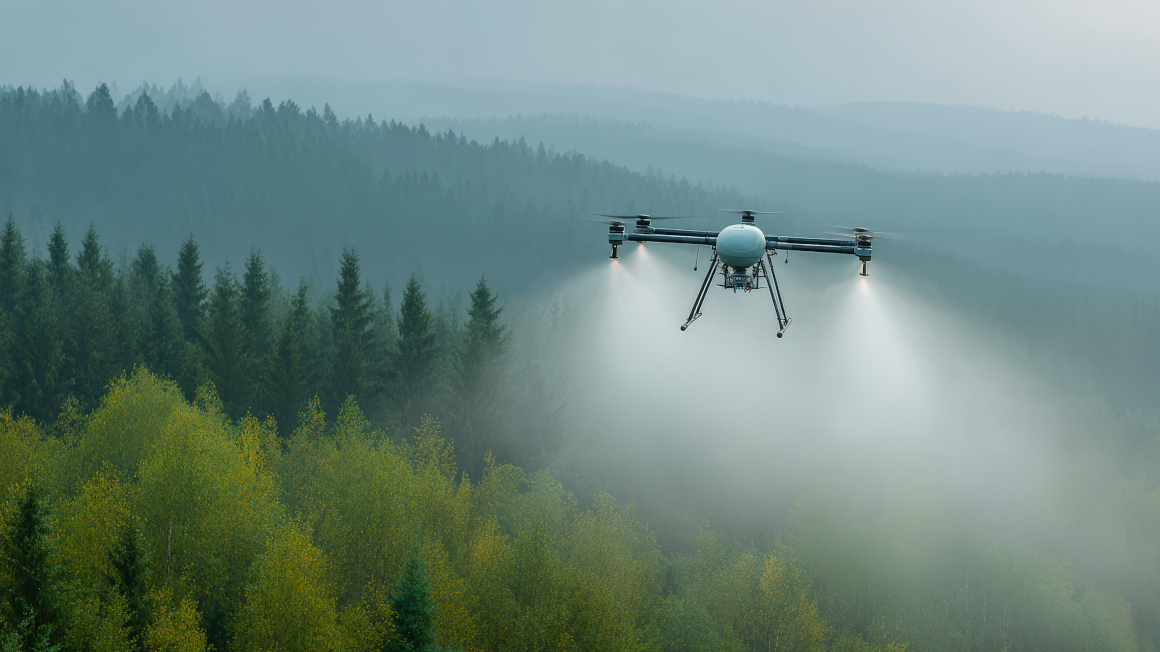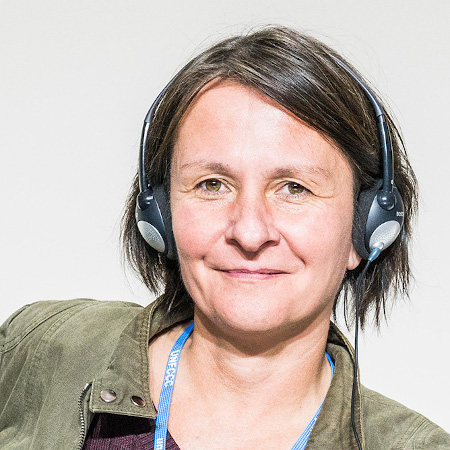Forest living labs for the future of forests
German forestry and timber research is strategically realigning itself with forest living labs in the Harz Mountains and Lower Bavaria. The SURVEY joint project combines scientific expertise and practical experience in an interdisciplinary approach.

Spruce forests once characterised the landscape of Germany's low mountain ranges - today they are struggling to survive. Climate stress, bark beetles and extreme weather conditions have taken their toll on the robust conifers. The SURVEY joint project heralds a new era in forest research: in the future, research will be conducted directly in the forest instead of in the laboratory. Under the leadership of the Thünen Institute of Forest Ecosystems and the Helmholtz Centre for Environmental Research, three forest living labs are being set up where the spruce crisis is most visible: on damaged sites in the Harz Mountains and in Lower Bavaria.
Three areas are being researched
The aim is to develop resilient forest management strategies in the face of increasing climatic and ecological challenges. These are being implemented and scientifically monitored in the laboratories using three different scenarios: One area is left to its own devices, another is reforested in the traditional way and a third is planted with climate-resilient tree species. Data is collected under real-time conditions and integrates traditional forestry methods with remote sensing, artificial intelligence and model-based simulations. The aim is to transfer the results to comparable low mountain forests across regions.
A task for society as a whole
For the first time, all stakeholder groups - from forestry and nature conservation to civil society - are involved in the research design. "Forests are part of society. Foresters, conservationists and other carers cannot save the forests alone. Only society as a whole can do that," says project manager and forest ecologist Andreas Bolte. The digital twinning of the trial areas allows processes and effects to be checked in real time and the scalability of the measures to be evaluated. In addition to ecological aspects, governance issues are also included, such as the legal organisation of sustainable forest management.
The project, which is funded by the Federal Ministry of Research, Technology and Space (BMFTR) via Project Management Jülich, started on 1 June 2025 and will run for three years. The aim is to continue the established forest living labs beyond this period.
lh


